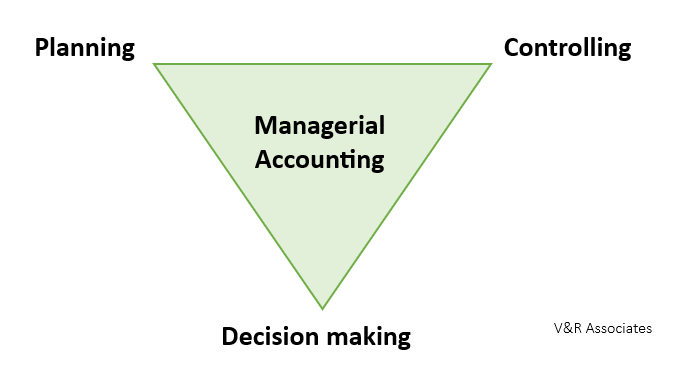“Creating value through values” is today’s guiding statement in the world of accounting and business decision making. It is a strategic tool to propel business owners to make justifiable decisions. As a business owner, or someone simply interested in this field, it’s imperative to understand the basics behind accounting -not only for the success of the firm but to have a better picture of what’s going on to stay competitive within the market.
What is Accounting?
Accounting is the process of recording, estimating, summarizing, organizing, and analyzing financial transactions.
It is a fundamental aspect of every business, regardless of size or industry. Accounting serves as an important tool to track profitability and expenses to make informed decisions to stay relevant within the economic environment.
Financial Accounting vs Managerial Accounting
Financial accounting encompasses reporting financial information to external parties like stockholders, tax authorities, and regulators. It is primarily designed for decision makers outside of the company.
Managerial accounting is concerned with providing information to managers within a company. It is primarily designed for decision makers within a company.
See the table below for a quick overview of how financial and managerial accounting differ.
*GAAP is an abbreviation for generally accepted accounting principles
*IFRS is an abbreviation for international financial reporting standards
Both GAAP and IFRS are rules accountants follow to present financial statements to the public.
The 3 Main Functions for Managerial Accounting
Managerial accounting has three vital functions for management: planning, controlling and decision making.
Planning
Planning is an important process to set goals and think about the future. Typically there are budgets utilized within the planning process. These budgets help allocate funds to appropriate sectors that will accomplish a company’s goals.
Controlling
Controlling is the process of gathering and evaluating real life information to respond accordingly. This process typically involves the use of performance reports which compare budgeted data to actual data to draw insights.
Decision making
Decision making is perhaps the most important step that drives future success. In this stage, a manger may ask questions such as: “What should we focus on selling?” “Who should we be targeting?” and “How should we execute?”
Why does Managerial Accounting Matter?
One might wonder why this subject matters to them, especially if they are not in the field of accounting themselves. However, managerial accounting is important to more than just accountants. Every business student will typically take a course in managerial accounting because it will help them build their understanding of the field and how it affects business as a whole. Becoming familiar with this subject will allow one to become more adaptable -a trait that every business owner could benefit from. Knowing how to plan for unpredictable/challenging times is important in every type of business, job, and position.
The field of accounting affects all the sectors of business such as marketing, supply chain management, and human resources. Planning, controlling, and decision making will be crucial to strategic management within every part of business. Although each business has its different departments, they all work together as a unified whole to help a company reach it’s needs.
Managerial accounting will allow managers and other stakeholders to “create value through values” and drive decisions to flourish long-term.



